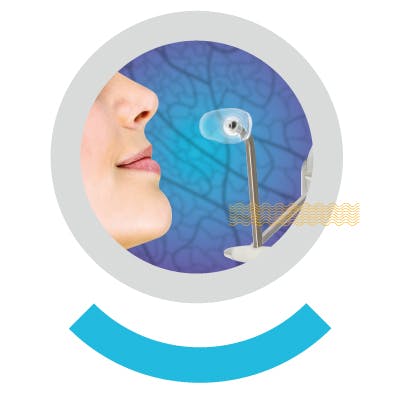Fight against the heat

Did you know?
It’s when it is hot that your body needs the most energy to regulate its internal temperature and keep its metabolic functions in check.
In order to adapt to a heat wave, as soon as body temperature exceeds 37°C, thermal regulation mechanisms are activated: your body begins to sweat and breathing accelerates (heat is then eliminated via the water and water vapor released). Blood vessels on the surface of the skin increase in diameter (vasodilation) to cool the blood.
This requires far more energy than maintaining body temperature in cold weather.
When the body is exposed to cold temperatures, this can slow down its metabolism and breathing, reducing blood flow to the skin and extremities to conserve body heat.
Your health is at risk when the outside temperature rises excessively.

Heat waves always result in fatigue, affecting both your physical and mental performance.
The brain suffers the consequences of the heat: composed of 78% water, even slight dehydration affects cognitive function and alters mood. Anxiety, headaches, impaired judgement, etc. are all indicators of dehydration. We feel confused and unable to work.
Dehydration is also a loss of trace elements which can cause muscle cramps, fatigue and anxiety (lack of magnesium). A lack of zinc can cause hair loss, decreased immunity and slow healing. A lack of calcium can cause muscle weakness.
We all know we need to drink plenty of fluids at regular intervals, but there’s more to it than that.
Keeping up with the increased demand for energy from your whole body requires maintaining and improving your cellular oxygenation.
This is all the more complicated since heat waves are generally associated with high air pollution, which hinders the body's ability to capture and properly use the oxygen provided by breathing.
The Jacquier Bol d’air solution is therefore of real help. This method is the one and only natural approach to cellular oxygenation.
It differs from any quantitative method (addition of oxygen). As a result, it is free from hyperoxygenation and any radical risk.
It helps fight against hypoxia, increasing our body’s ability to defend itself and adapt.
It provides energy and reduces fatigue.
It can be carried out regularly and even on a daily basis. Don't wait for winter to use the Bol d'air.
Make the most of your holiday and get ready to face the winter!


